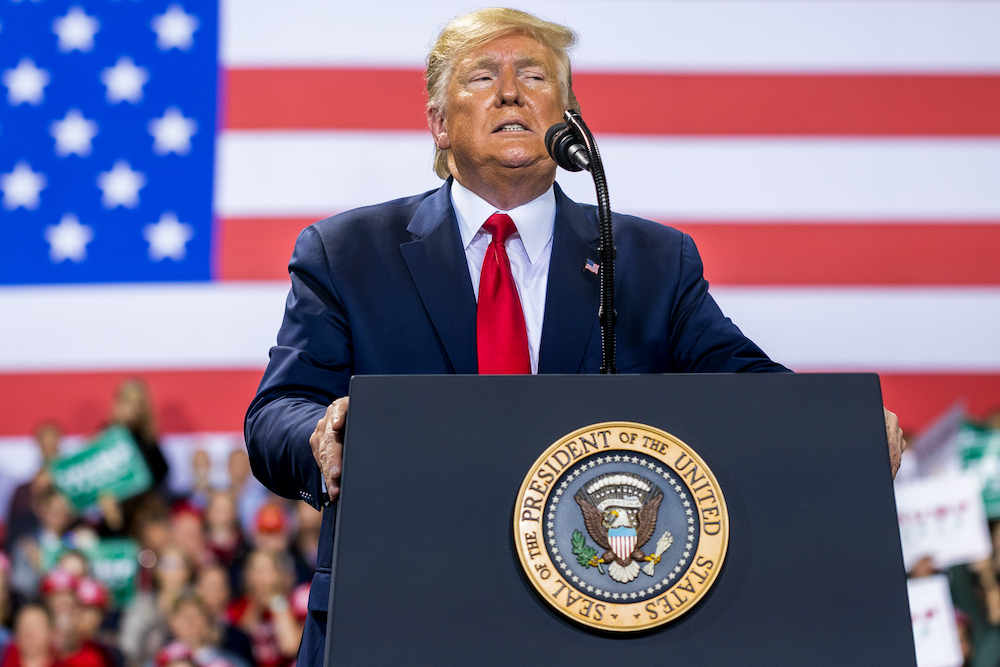Politics
Dissenting Voice In Colorado Ruling Reveals Trump’s Path to Victory In Ballot Battle

Colorado Supreme Court Justice Carlos Samour, who penned one of the three blistering dissents to the Anderson v. Griswold ruling against Trump, may have created what some are calling a “roadmap” for the U.S. Supreme Court to reinstate the 45th President and 2024 GOP frontrunner on the ballot.
In a contentious 4-3 decision, the Colorado court ruled that Trump “violated” the 14th Amendment, which says that anyone in a high government position who ‘rebels against the Constitution’ is barred from holding public office in the future.
The court came to this ruling despite the fact that Trump was cleared of insurrection charges in his impeachment trial and was never formally charged with insurrection under US statute. That is the crux of Justice Samour’s dissent and the likely path SCOTUS could take to rule in Trump’s favor in the future.
Samour wrote,
“The decision to bar former President Donald J. Trump – by all accounts the current leading Republican presidential candidate (and reportedly the current leading overall presidential candidate) – from Colorado’s presidential primary ballot flies in the face of the due process doctrine.”
Samour’s Dissent by Stefan Becket
Samour even prescribes the legal remedy for the situation that perpetrators of the ongoing lawfare against Trump have blithely ignored, “Significantly, there is a federal statute that specifically criminalizes insurrection and requires that anyone convicted of engaging in such conduct be fined or imprisoned and be disqualified from holding public office. See 18 U.S.C. § 2383.”
He explained,
“If any federal legislation arguably enables the enforcement of Section Three, it’s section 2383. True, President Trump has not been charged under that statute, so it is not before us. But the point is that this is the only federal legislation inexistence at this time to potentially enforce Section Three. Had President Trump been charged under section 2383, he would have received the full panoply of constitutional rights that all defendants are afforded in criminal cases.”
So, thanks to Justice Samour, there now exists a clear path to toss out the Colorado decision for SCOTUS.
Likewise, there also exists a clear route by which those who truly believe Trump committed insurrection on January 6th, absolutely could have adjudicated the case ultimately leading to Trump’s disqualification. So the question is: Why didn’t they?
A possible answer is that this would’ve required convincing a Federal Grand Jury to indict Trump for insurrection after the U.S. Senate already acquitted him of the same during his second impeachment. Then still, a full jury trial would be required for such a criminal charge, not a bench trial for a civil or administrative case heard by a panel of appointed judges. And finally: time. This process would have necessitated years in the courts to fully adjudicate and appeal. Time that the democrats simply don’t have.
In their arrogance that ‘he couldn’t win,’ collective denial of reality, and then panicked haste, the interests behind this legal effort to pull Trump from the ballot have sowed the seeds of their defeat.

